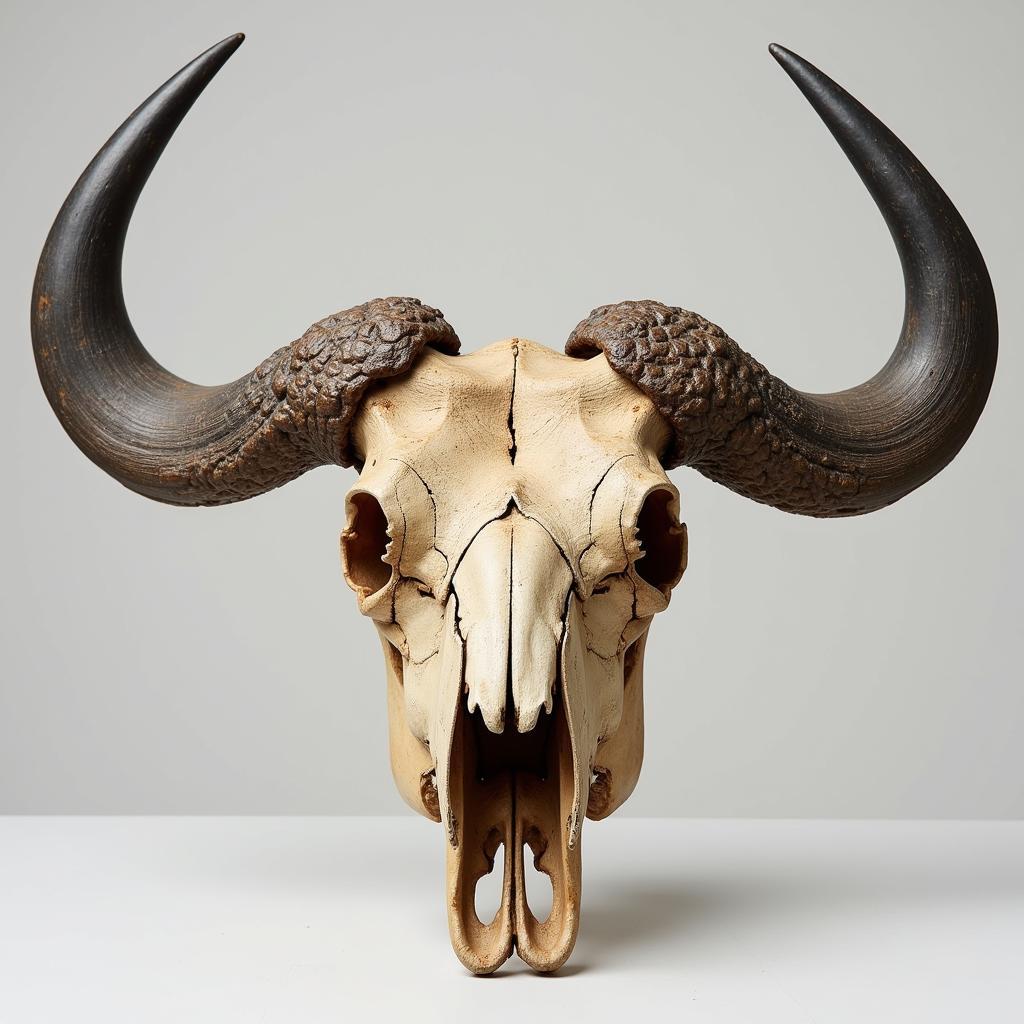African Countries Currencies and Capitals: A Comprehensive Guide
African Countries Currencies And Capitals are essential information for anyone interested in traveling, doing business, or simply learning more about this diverse continent. Understanding the different monetary systems and political centers offers a glimpse into the unique history and economic landscape of each nation. This guide will delve into the currencies and capitals of all 54 recognized African countries, providing valuable insights and context along the way.
Exploring African Capitals and Their Currencies
Africa, a continent of vibrant cultures and rich history, is comprised of 54 recognized countries, each with its own unique capital city and currency. These capitals serve as the political, economic, and cultural hubs of their respective nations, reflecting the diverse tapestry of the continent. Understanding the African countries currencies and capitals is crucial for navigating the complexities of this vast and dynamic region. Some capitals, like Addis Ababa in Ethiopia, have witnessed centuries of history unfold, while others, like Abuja in Nigeria, are relatively new creations, designed to symbolize a nation’s aspirations. The currencies, too, tell a story, reflecting the economic realities and historical ties of each country. Let’s embark on a journey to discover more about these vital components of African nations.
african countries and their capitals and currencies
North Africa: A Blend of Ancient History and Modern Economies
North Africa, a region steeped in ancient history, boasts capitals that resonate with echoes of past empires and the vibrancy of modern economies. From Rabat, the coastal capital of Morocco, to Cairo, the bustling metropolis at the heart of Egypt, these cities serve as gateways to understanding the rich cultural heritage and evolving economic landscapes of North African countries. The currencies used in this region, such as the Moroccan Dirham and the Egyptian Pound, reflect the economic activities and international trade relations of these nations.
West Africa: A Hub of Cultural Diversity and Economic Potential
West Africa, a region known for its cultural diversity and immense economic potential, is home to capitals that showcase the dynamism of its people and the evolving landscape of its economies. From Accra, the vibrant capital of Ghana, to Dakar, the bustling metropolis on the coast of Senegal, these cities offer a glimpse into the complex interplay of tradition and modernity. The currencies used in this region, such as the Ghanaian Cedi and the West African CFA Franc, reflect the economic realities and interconnectedness of West African nations.
East Africa: A Crossroads of Cultures and Wildlife
East Africa, a region renowned for its stunning wildlife and cultural crossroads, is home to capitals that reflect the diverse heritage and economic potential of its nations. From Nairobi, the bustling metropolis of Kenya, to Addis Ababa, the diplomatic hub of Ethiopia, these cities offer a glimpse into the complex tapestry of East African societies. The currencies used in this region, such as the Kenyan Shilling and the Ethiopian Birr, are essential for understanding the economic realities and international trade relations of these nations.
african countries their capitals and currencies
Central Africa: Rich in Resources and Cultural Heritage
Central Africa, a region characterized by its abundance of natural resources and rich cultural heritage, is home to capitals that play a crucial role in the political and economic landscape of its nations. From Kinshasa, the sprawling metropolis of the Democratic Republic of Congo, to Yaoundé, the political center of Cameroon, these cities offer a window into the complexities and opportunities of Central Africa. Understanding the currencies used in this region, such as the Congolese Franc and the Central African CFA Franc, is vital for navigating the economic dynamics of these countries.
Southern Africa: A Blend of Natural Beauty and Economic Powerhouses
Southern Africa, a region known for its breathtaking natural landscapes and economic powerhouses, is home to capitals that embody the dynamic blend of its diverse cultures and evolving economies. From Pretoria, the administrative capital of South Africa, to Luanda, the bustling metropolis of Angola, these cities serve as centers of political power, economic activity, and cultural expression. Understanding the currencies used in this region, such as the South African Rand and the Angolan Kwanza, is essential for understanding the economic realities and international trade relations of these Southern African nations.
african countries and capitals and currency in english
Understanding the Importance of African Currencies and Capitals
Knowing the African countries currencies and capitals is more than just memorizing facts; it’s about understanding the very fabric of the continent. It’s crucial for anyone engaging with Africa, whether for business, travel, or academic pursuits. Each capital city acts as a window into the country’s political, economic, and cultural landscape, while the currencies reflect economic stability and international trade relationships.
Expert Insight: Dr. Aminata Sow, a renowned economist specializing in African markets, emphasizes the significance of understanding these aspects. “Knowing the currency and capital of a country allows you to better grasp its economic dynamics and political structure. This knowledge is crucial for making informed decisions, whether you are investing, traveling, or simply seeking to understand the continent’s intricacies.”
african countries their capital and currency
Conclusion: Navigating the Diverse Landscape of African Countries, Currencies, and Capitals
This exploration of African countries currencies and capitals provides a foundation for understanding the diverse landscape of this dynamic continent. From the bustling markets of Accra to the historical sites of Cairo, each capital city offers a unique glimpse into the cultural, political, and economic heart of its respective nation. The currencies used across the continent, each with its own story to tell, provide further insights into the economic realities and interconnectedness of African nations. By understanding these key aspects, we can gain a deeper appreciation for the rich tapestry of Africa and its vibrant future.
african countries capital currency and language
FAQs: African Currencies and Capitals
- What is the most widely used currency in Africa? The South African Rand is one of the most traded currencies in Africa.
- How many countries use the CFA Franc? 14 African countries use the CFA Franc, divided into two monetary zones.
- Which African country recently changed its currency? No recent major currency changes have occurred.
- Where can I find up-to-date exchange rates for African currencies? Reliable financial websites and currency converters offer current exchange rates.
- What is the oldest capital city in Africa? Many North African cities, such as Cairo, have ancient roots.
Expert Insight: Professor Kwame Nkrumah, a historian specializing in African capitals, notes, “The history of African capitals is often a reflection of the continent’s complex past, marked by both indigenous kingdoms and colonial influence. Understanding this history is key to appreciating the significance of these cities today.”
Further Exploration
Explore more about specific regions or countries by searching for “[Country Name] currency and capital”. You can also delve deeper into the history and significance of individual currencies.
Need more assistance? Contact us at +255768904061, email kaka.mag@gmail.com, or visit us in Mbarali DC Mawindi, Kangaga, Tanzania. Our customer service team is available 24/7.




